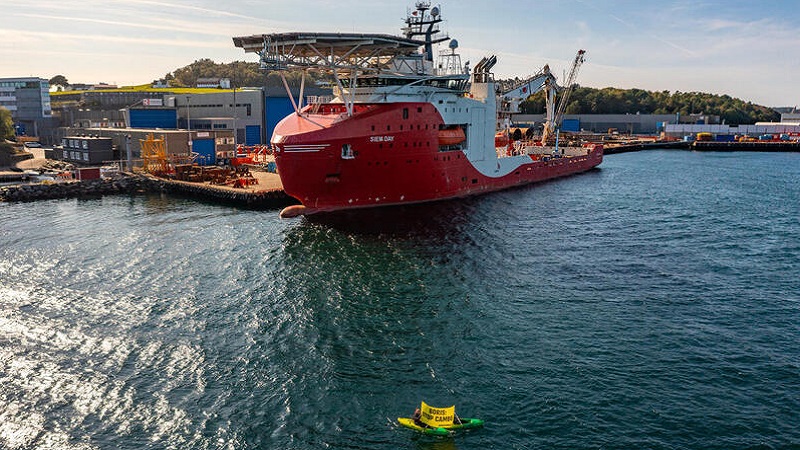Despite pushing for a phase out of unabated fossil fuels, Norway claims its oil and gas are “essential to Europe’s energy security”
Norway’s government said on Wednesday it has given approval for oil companies to develop 19 oil and gas fields with investments exceeding $18.5 billion, part of the country’s strategy to extend production for decades to come.
The news comes six months after the Norwegian government pushed unsuccesfully at the Cop27 climate talks for an agreement to phase out unabated fossil fuels and six months before Cop28, where they are likely to try again.
Norway’s parliament in 2020 introduced temporary tax incentives to encourage petroleum investment at a time of low activity, triggering a rush of applications from energy companies.
Among the field developments receiving final approval on Wednesday were nine operated by Aker BP, three by Equinor and several by Wintershall Dea and OMV.
“These are projects that will contribute to a continued high and stable output from Norway’s continental shelf as well as employment and value creation,” Minister of Petroleum and Energy Terje Aasland told a news conference.
Fight back
Norway’s petroleum production is fiercely opposed by environmentalists and others concerned that carbon emissions from the burning of oil and gas contributes to climate change.
The International Energy Agency said in 2021 that no new fossil fuel production projects are compatible with limiting global warming to 1.5C.
Campaigners immediately announced they were taking the decision on three of the 19 fields to court, claiming they violate Norway’s constitution and international human rights committments.
US ‘still on the fence’ as nations debate global shipping emission tax
Greenpeace’s Norweigan head Frode Pleym said the government is “blatantly disregarding the climate, the science, and even our own Supreme Court in its effort to please the oil industry”.
The three fields being legally challenged by campaigners are Yggdrasil, Tyrving and Breidablikk. Campaigners say their impact assesments are either non-existent or inadequate and have applied for a legal injunction on construction.
Those fields were chosen as campaigners think they have the best legal case against them, as they are based on new infrastructure and are about oil not gas.
Bad example
Norway is the seventh richest nation on earth and its continued fossil fuel production will be used by supporters of fossil fuel production in poorer countries to undermine opposition to their projects.
Asked whether governments should agree at Cop28 to phase out fossil fuels, Egyptian ambassador Wael Abdoulmagd told Climate Home recently that poor oil-producing nations like Guyana can’t be treated the same as rich ones like Norway.
Norway’s example has recently been used to justify fossil fuel produc
Read More

